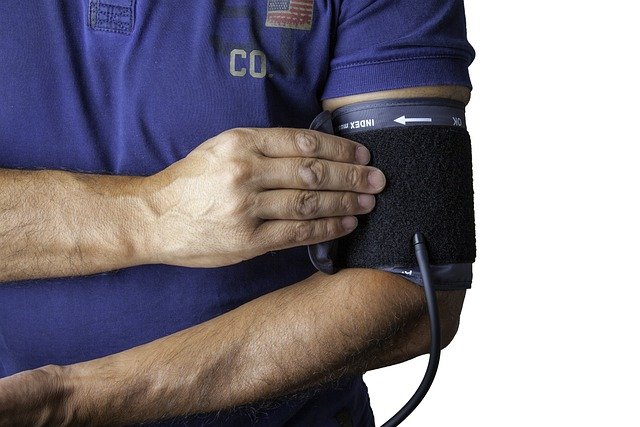What You Should Know About HIV Testing and Where to Get It Locally
Getting tested for HIV is a responsible step in protecting your health and the health of others. Learn how HIV tests work, where confidential testing is available near you in the U.S., and why early detection makes a difference in treatment, prevention, and long-term care decisions.

How Does HIV Testing Work?
HIV testing involves screening blood or oral fluid for antibodies or antigens that indicate the presence of HIV. The most common types include rapid tests that provide results in 20-30 minutes and laboratory tests that offer more detailed results within a few days. Modern testing methods are highly accurate, with some able to detect HIV as early as 10-33 days after exposure, depending on the specific test type used.
Types of HIV Tests Available
Several HIV testing options are currently available:
-
Antibody Tests: Look for antibodies your body produces in response to HIV
-
Antigen/Antibody Tests: Screen for both HIV antibodies and the p24 antigen
-
Nucleic Acid Tests (NAT): Detect the actual virus in your blood
-
Rapid Tests: Provide results within minutes using blood from a finger prick or oral fluid
-
At-home Testing Kits: Allow for private testing with laboratory analysis
The Importance of Early Detection
Early HIV detection significantly improves treatment outcomes and quality of life. When diagnosed early, people with HIV can begin antiretroviral therapy promptly, which helps:
-
Maintain a strong immune system
-
Reduce viral load to undetectable levels
-
Prevent transmission to others
-
Avoid HIV-related complications
-
Lead a longer, healthier life
Where to Find HIV Testing Services Locally
HIV testing is widely available through various healthcare providers and organizations:
-
Primary Care Physicians
-
Local Health Departments
-
Community Health Centers
-
Planned Parenthood Locations
-
LGBTQ+ Health Centers
-
AIDS Service Organizations
-
College/University Health Centers
Understanding HIV Test Costs and Coverage
| Testing Option | Typical Cost Range | Insurance Coverage |
|---|---|---|
| Rapid Test | $0-40 | Usually covered |
| Laboratory Test | $35-200 | Usually covered |
| At-home Test | $35-50 | May be covered |
| NAT Test | $100-200 | Usually covered with medical necessity |
Prices, rates, or cost estimates mentioned in this article are based on the latest available information but may change over time. Independent research is advised before making financial decisions.
What to Expect During Testing
The testing process is straightforward, confidential, and typically takes 20-30 minutes for rapid tests. You’ll receive pre-test counseling, undergo the test, and receive results with post-test counseling. Many facilities offer same-day results, while others may require a follow-up visit. Healthcare providers are required to maintain strict confidentiality regarding your test results and personal information.
This article is for informational purposes only and should not be considered medical advice. Please consult a qualified healthcare professional for personalized guidance and treatment.




